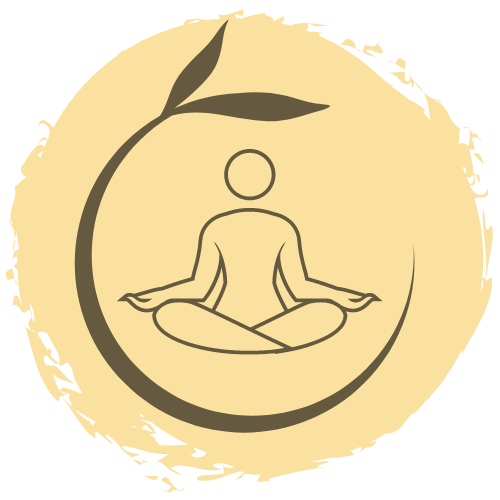Stretch & Pandiculate (like a cat or dog!)
The act of yawing and stretching - or pandiculation -
is important to our health and wellbeing - as good nutrition and regular exercise.
This main body of this article is taken from the work of one of my favourite teachers
Jennilee Toner;
teacher of Yoga, Anatomy & Injury Prevention.
What is pandiculation?
The word 'pandiculation' comes from the Latin root pandiculari, 'to stretch oneself', from pandere 'to stretch'. It is actually the act of contracting AND stretching all the muscles in the body. Simply put, pandiculation is the act of yawing-and-stretching... necessary for the optimal functioning of our neuromuscular system.
If you spend any time around cats or dogs you'll see pandiculation in action multiple times a day whenever they arch their back after a sleep. Humans (except babies!) tend to experience fewer pandicular responses due to time restraints placed upon us by tight schedules, as well as by structural imbalances caused by habitual movement patterns and/or trauma.
But pandiculation is not just a luxurious pastime. Pandiculation is actually as important to our health and well-being as nutrition and exercise! It is absolutely necessary for the optimal functioning of our neuromuscular system. Without this yawning-and-stretching activity, our muscles and fascia become increasingly tight, which can lead to structural imbalances such as poor posture, limited range of motion and pain in our joints, and other internal/visceral imbalances.
Those of us 'locked down' in areas due to these structural imbalances will find our muscles and fascia can't engage fully in the pandicular response - in other words, the stretch actually gets stuck!
How does pandiculation work?
Pandiculation is our nervous system’s brilliant way of waking up our sensorimotor system after rest and preparing us to MOVE! In pandiculation, biofeedback is sent to the brain about how tight (contracted) our muscles are. In a pandicular response, the body contracts even more and then relaxes the whole body from head to toe. This ensures a reset of the alpha-gamma feedback loop - a biofeedback loop in our nervous system between the spinal cord and the muscles - that regulates the level of tension in our muscles.
Unfortunately, our alpha-gamma loops can be compromised due to structural imbalances caused by habitual patterns and trauma. Normally, our muscle length is determined by the descending information highway (central nervous system) from the brain and the information being sent to the brain from our proprioceptors (sensory receptors on nerve endings). When our alpha-gamma loop is working properly (alpha neurons to muscles and gamma neurons to muscle fibers in muscle spindles) we can contract muscles when we need to and they will automatically relax when they are not receiving “contraction” messages.
However, due to the aforementioned structural imbalances caused by habitual patterns and trauma, muscles and fascia that are 'stuck' cannot send or receive the proper proprioceptive messages, causing them to remain contracted and unable to relax.
Benefits of voluntarily pandiculating our muscles
Even though pandiculation is considered an involuntary response of our nervous system, we can beneficially affect our overall health and well-being on and off our yoga mats by voluntarily pandiculating. Voluntary pandiculation forms part of the clinical somatic education developed by Thomas Hanna. Slowly, consciously, and in-sync with our breath, we can begin to restore our alpha-gamma loop function with the consistent practice of muscular contraction and releasing, stretching and yawning. This leads to less muscle tension and more overall ease.
So, you can try a bit of tensing, stretching & yawning at various times of the day, particularly when waking, or when you have been at rest. Try one of those bone-to-skin yawning stretches with arms overhead, finger, palms and toes spread wide - taking up as much space as you can. This month, we are experimenting adding this technique to our yoga practice – stretching bone to skin while yawning – what’s not to like?

